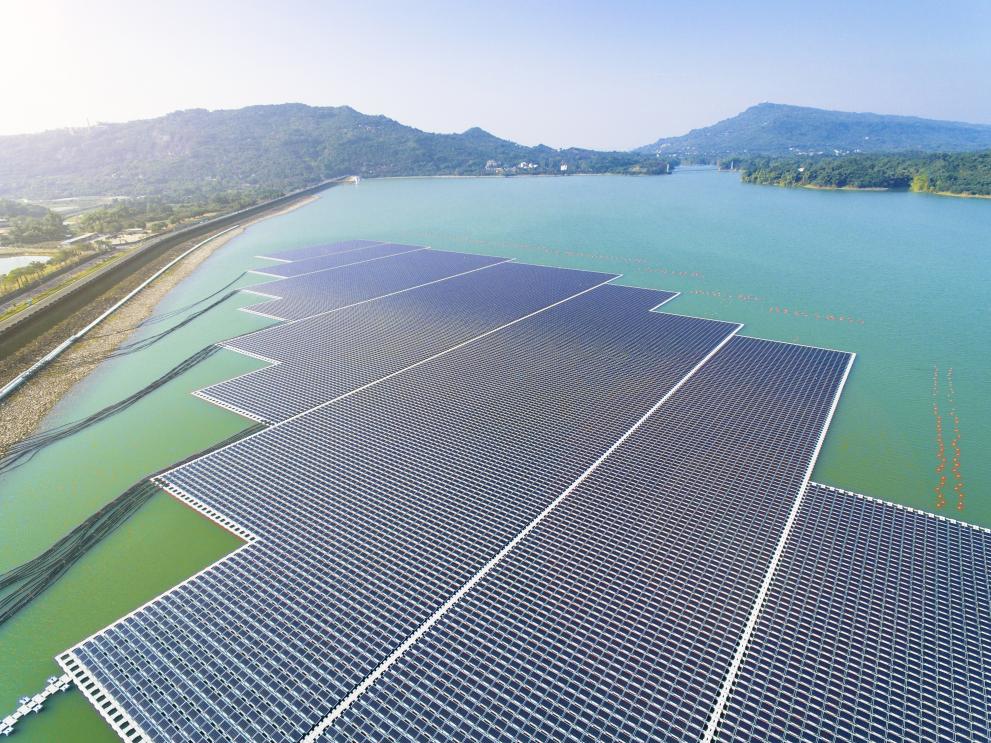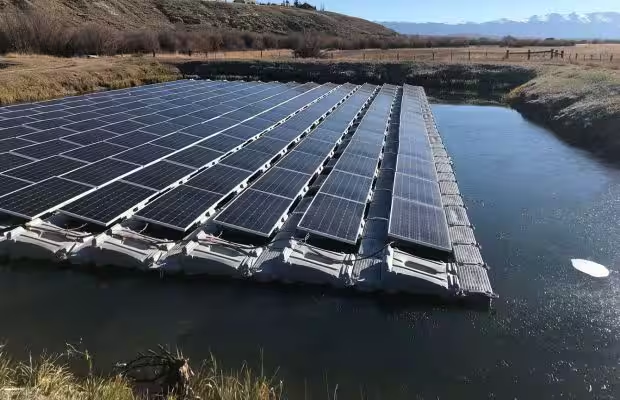
Floating Solar Power
Floating solar is an innovative renewable energy solution where solar panels are installed on water bodies like lakes, reservoirs, dams, and ponds instead of land. These systems generate electricity by harnessing sunlight while floating on specially designed platforms. Floating solar saves valuable land space, reduces water evaporation, and improves panel efficiency due to the cooling effect of water. This technology is highly suitable for regions with limited land availability and growing power demands. Apart from producing clean energy, it also minimizes algae growth in water, helping in better water resource management. With easy scalability, eco-friendly operation, and long-term reliability, floating solar projects are being adopted worldwide for both utility-scale and local applications. Governments and industries are investing heavily in this technology to promote sustainable development. Floating solar represents the perfect blend of energy generation and water conservation, making it a key driver for the future of renewable energy.

Key Benefits of Floating Solar
Land Saving
High Efficiency
Water Conservation
Eco Friendly

Sustainable Floating Energy
Floating solar technology involves placing solar panels on water surfaces like lakes, ponds, and reservoirs to generate clean electricity. It reduces the need for land, lowers water evaporation, and increases panel efficiency through natural cooling from water. This eco-friendly solution is ideal for urban areas, industries, and regions with limited land space. Floating solar also improves water quality by reducing algae growth, making it useful for both power generation and resource management. With benefits like cost savings, high efficiency, and sustainable operation, floating solar is rapidly emerging as a smart alternative to land-based solar installations.

